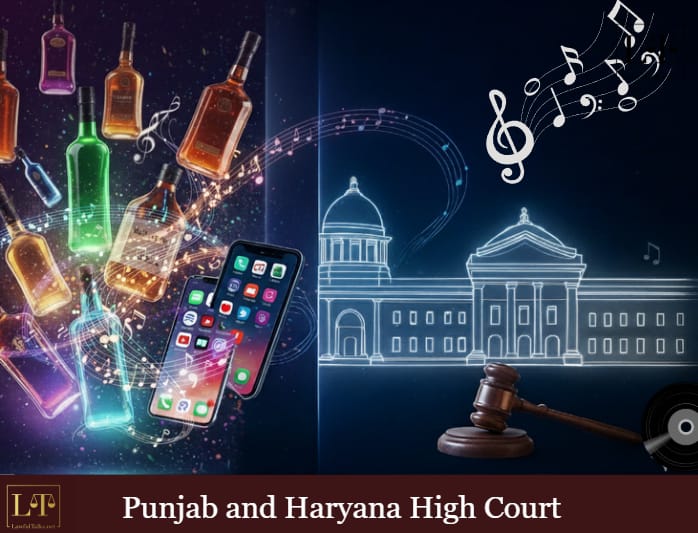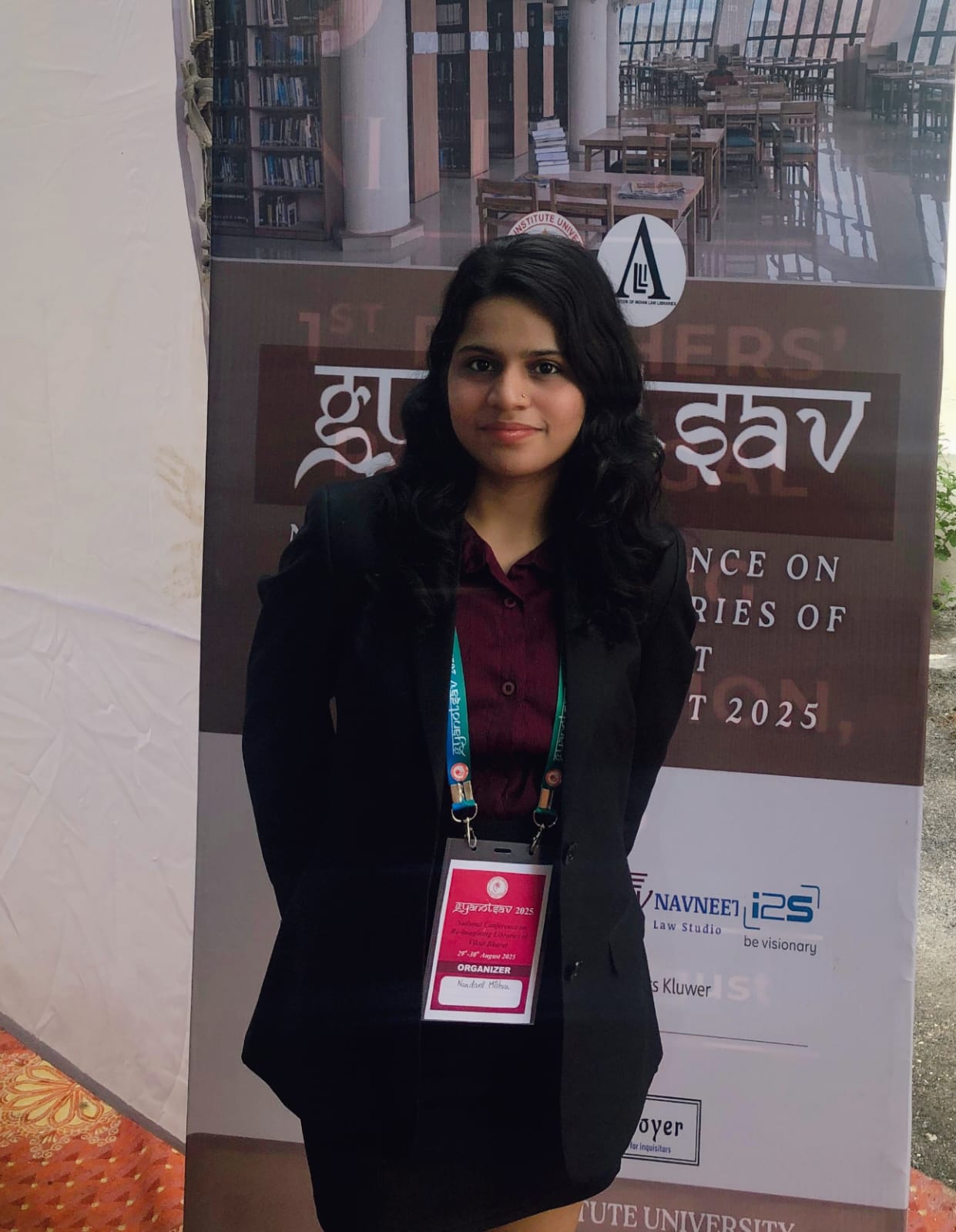Allahabad HC Sets Aside Afzal Ansari's Conviction, Allows Him to Continue as MP

In a recent clarification, the Punjab and Haryana High Court held that online platforms such as YouTube, Apple Music, Spotify, JioSaavn, and Wynk Music cannot be held in contempt for hosting songs that glorify violence, liquor, or drugs. The issue came up after a petition alleged that these platforms had failed to comply with directions issued in the Reet Mohinder Singh v. State of Punjab & Ors. case.

Background :
In the Reet Mohinder Singh ruling, the Court had issued detailed guidelines to curb noise pollution. These included prohibiting the use of loudspeakers between 10 PM and 6 AM and ensuring that the peripheral noise level of a privately owned sound system does not exceed 5dB(A) above the prescribed ambient air quality standard.
The order had also directed the police to prevent songs glorifying liquor, drugs, or violence from being played at live shows and public functions. The petitioner contended that despite these directions, such content remains freely available on online platforms, which he argued was contrary to the spirit of the judgment.
Justice Sudeepti Sharma, however, while dismissing the contempt petition, clarified that the earlier ruling was concerned with noise pollution in physical spaces and the enforcement of the Noise Pollution (Regulation and Control) Rules, 2000, not with the regulation of digital content.
The judge observed, “The principal grievance actually is directed at the availability of songs on online/digital platforms. However, the Division Bench directions reproduced above do not regulate the hosting or transmission of online content. The directions principally govern noise pollution and the use of sound producing devices at physical venues, with corresponding on ground enforcement.”
The Court emphasized that contempt jurisdiction cannot be stretched to cover matters outside the four corners of the original directions. It stressed the limited scope of such proceedings, noting:
“It is a well-settled principle that the contempt jurisdiction is quasi-criminal; consequently, the standard of proof is high and presumptions cannot substitute proof. Further, it is trite law that contempt is not a vehicle to expand or rewrite an order or to conduct a roving enquiry into generalized non compliance.”
In this case, the petitioner had not provided any concrete instance of violation such as the date, venue, or the persons responsible, leading the Court to conclude that no case of willful disobedience was made out.
The judgment also underlined that if regulation of online content is required, the appropriate remedy lies under the Information Technology Act, 2000 and the framework governing intermediaries, not through contempt proceedings linked to a noise control judgment.
While the Court considered imposing costs on the petitioner for filing a misconceived plea, it ultimately refrained from doing so, noting that he was a young member of the Bar and that costs might unduly prejudice him.
Case details - Hardik Ahluwalia v. Gaurav Yadav, IPS and others
Advocate For Petitioner - Mr. Hardik Ahluwalia
Advocate For respondent - Mr. Jaivir S. Chandail

Nandani Mishra
Second Year, B.SC LLB, (cybersecurity) Hons, National law University
Latest Posts
Categories
- International News 19 Posts
- Supreme Court 347 Posts
- High Courts 362 Posts



















































































































































































































































































































































































































































































































































































































































































































































